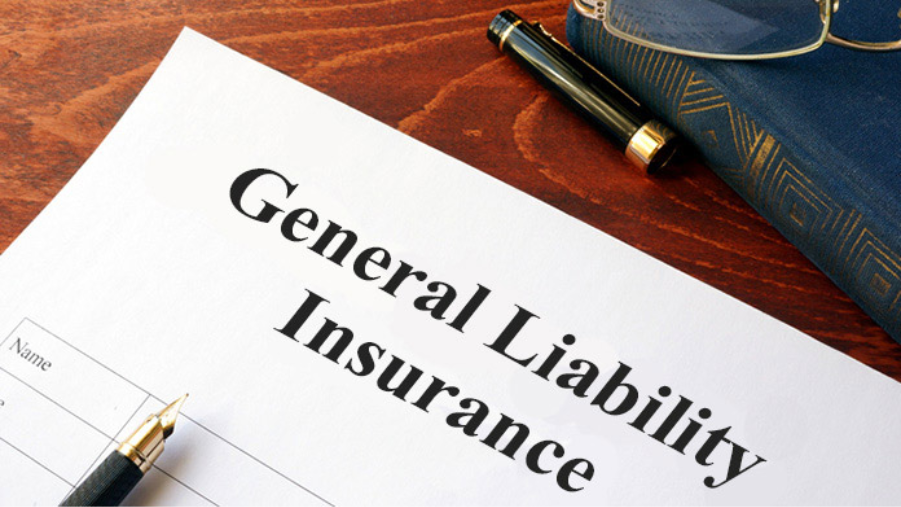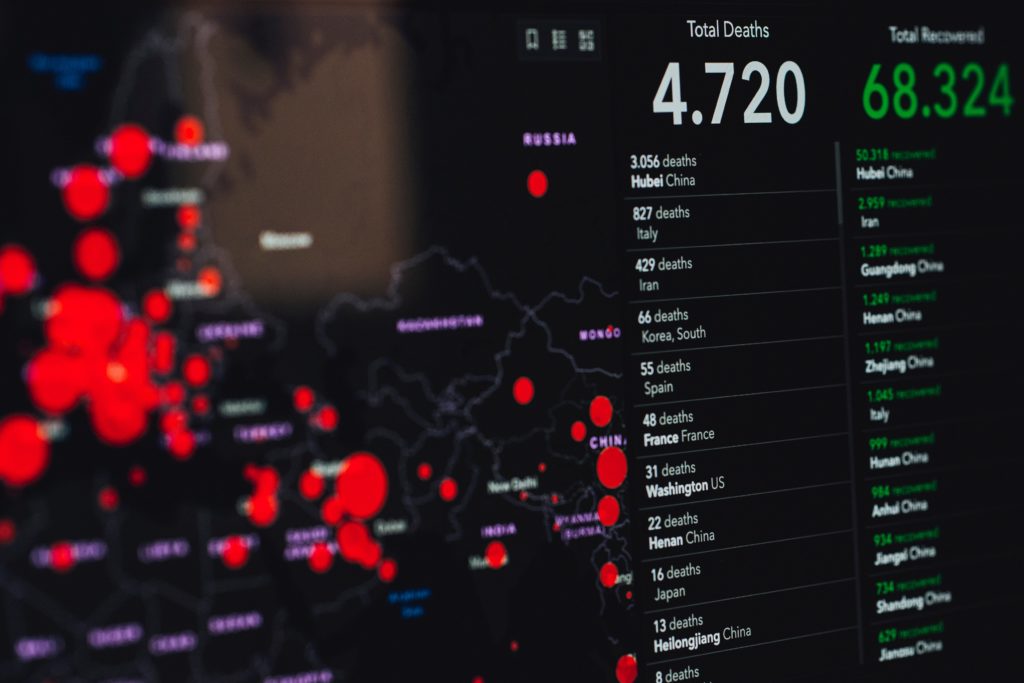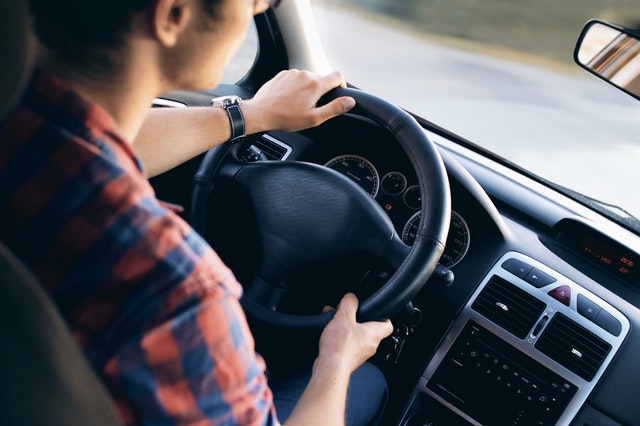General Liability Insurance Protects Business – Secure Your Small Business Today
Running a small business involves daily challenges, from managing operations to ensuring client satisfaction. But beyond these tasks, business owners face risks that can have serious financial consequences. This is where general liability insurance protects business owners by offering essential protection against common claims, such as property damage, bodily injury, or legal disputes. By investing in GL insurance, small business owners can focus on growth and operations without worrying about unexpected lawsuits. To explore more about tailored solutions, you can visit general liability insurance protects business. Understanding General Liability Insurance What Is General Liability Insurance? General liability (GL) insurance provides coverage for businesses against claims of bodily injury, property damage, and personal or advertising injury caused to third parties. For small businesses, it serves as a financial safety net, covering costs that could otherwise disrupt operations or jeopardize your reputation. Insured vs. Uninsured Scenarios Operating without GL insurance leaves your business fully responsible for lawsuits and associated costs. For instance, if a customer slips in your store and suffers an injury, you would be liable for medical bills and legal fees. Having GL coverage ensures that these costs are handled efficiently, reducing financial strain. Key Coverage Areas Accidental bodily injuries to clients or visitors Damage to client property caused during operations Legal defense costs related to covered claims Medical payments for minor injuries Understanding these coverage areas helps business owners recognize why GL insurance is essential for long-term protection. Real-World Examples of GL Coverage GL Coverage Examples Consider a catering business where an employee accidentally damages a client’s kitchen equipment. GL insurance would cover the cost of repairs or replacements. Similarly, a retail store might face a situation where a customer slips on a wet floor. The insurance policy can cover medical bills and legal expenses, ensuring the business is not financially overburdened. Small Business Benefits These examples illustrate how GL coverage protects not only finances but also your business reputation. Incidents like these, if uninsured, can result in significant stress and operational disruption. The Liability Claim Process Explained Step-by-Step Process Filing a GL insurance claim typically involves: Reporting the Incident: Notify your insurer promptly. Documentation: Provide photos, statements, and any invoices related to the claim. Claim Assessment: The insurance adjuster evaluates the claim and determines coverage. Resolution: Approved claims are covered according to the policy, including legal fees and damages. Tips for Smooth Claims Maintain accurate incident records Implement safety protocols to prevent accidents Communicate clearly and promptly with your insurance provider Understanding the liability claim process ensures that claims are handled efficiently and helps maintain your business operations without unnecessary interruptions. Policy Limits and What They Mean Understanding Policy Limits Policy limits indicate the maximum amount an insurer will pay per claim or during the policy period. Choosing appropriate limits is critical to avoid out-of-pocket costs that could strain your business finances. Examples of Policy Limit Impact A bakery accidentally damages a client’s property. If the repair costs exceed the policy limit, the business may need to cover the difference. For bodily injury claims, policy limits determine how much medical and legal expenses the insurer will cover. Selecting the right policy limits requires evaluating the size of your business, operations, and potential risks. Proper limits ensure your business is comprehensively protected. Small Business Risks Without GL Insurance Common Risks Operating without GL coverage exposes your business to several risks: Legal fees and settlements that can deplete resources Financial strain affecting day-to-day operations Damage to reputation and client trust Operational disruption due to lawsuits Even minor incidents can escalate into major claims without proper insurance coverage. Peace of Mind with GL Insurance Having GL insurance provides reassurance that your business is protected against unexpected claims. This protection allows you to focus on growth and client service, knowing your finances and reputation are secure. How GL Insurance Protects Your Business Financial Security GL insurance covers the costs of lawsuits, legal defense, and settlements, preventing severe financial losses. For small businesses, this can be the difference between staying operational and facing bankruptcy. Reputation Management Handling claims professionally through insurance ensures that clients’ trust remains intact and your business maintains its reputation in the market. Legal Protection GL insurance offers access to legal support, ensuring that you have experienced guidance if disputes arise. This protection reduces stress and enables smoother claim resolution. Choosing the Right Coverage for Your Business Evaluate Your Risks Every business has unique exposure to potential claims. Consider your operations, client interactions, and industry-specific risks when evaluating coverage needs. Selecting Policy Limits Analyze the potential costs of claims to determine appropriate policy limits. Choosing the right limits ensures full protection without overpaying for coverage. Integration with Business Services Combining risk management with operational support enhances business efficiency. Partnering with a reliable payroll management company can help streamline financial and employee-related processes, complementing your GL insurance coverage and ensuring smooth business operations. Conclusion General liability insurance is essential for small business owners seeking to protect their finances, reputation, and legal standing. Understanding GL coverage, policy limits, and the claims process helps ensure that your business is adequately safeguarded. Investing in general liability insurance protects business not only provides financial security but also allows owners to focus on growth and client service. For more information on tailored coverage solutions, contact us to discuss options and secure peace of mind for your business today. FAQs 1: What is general liability insurance and why do small businesses need it? General liability insurance provides coverage for businesses against claims like bodily injury, property damage, or advertising-related issues. Small businesses need it to protect their finances and reputation from unexpected incidents. Without this coverage, even minor accidents could lead to costly legal fees. It ensures peace of mind and allows business owners to focus on growth and operations. 2: What does general liability insurance typically cover? General liability insurance generally covers bodily injury to third parties, property damage, medical payments for minor injuries, and legal defense costs. Some policies also include
General Liability Insurance Protects Business – Secure Your Small Business Today Read More »




